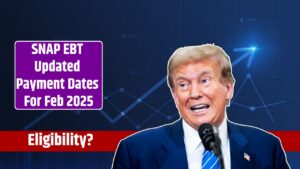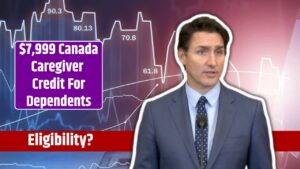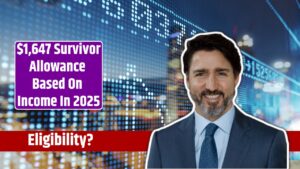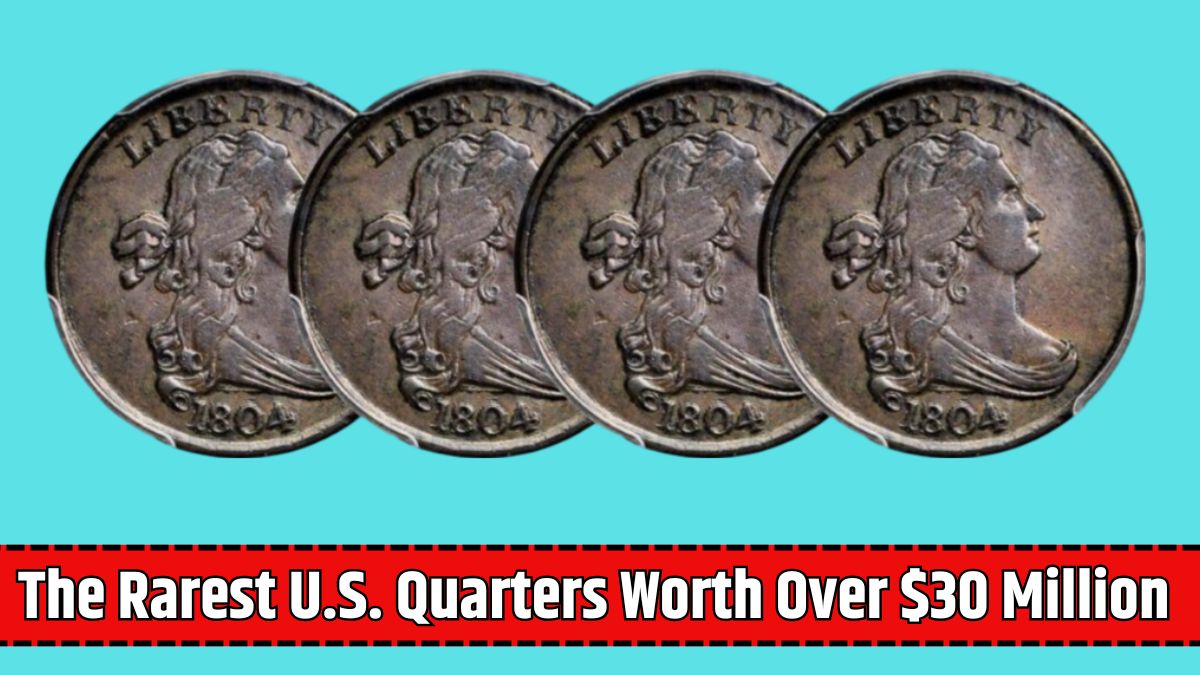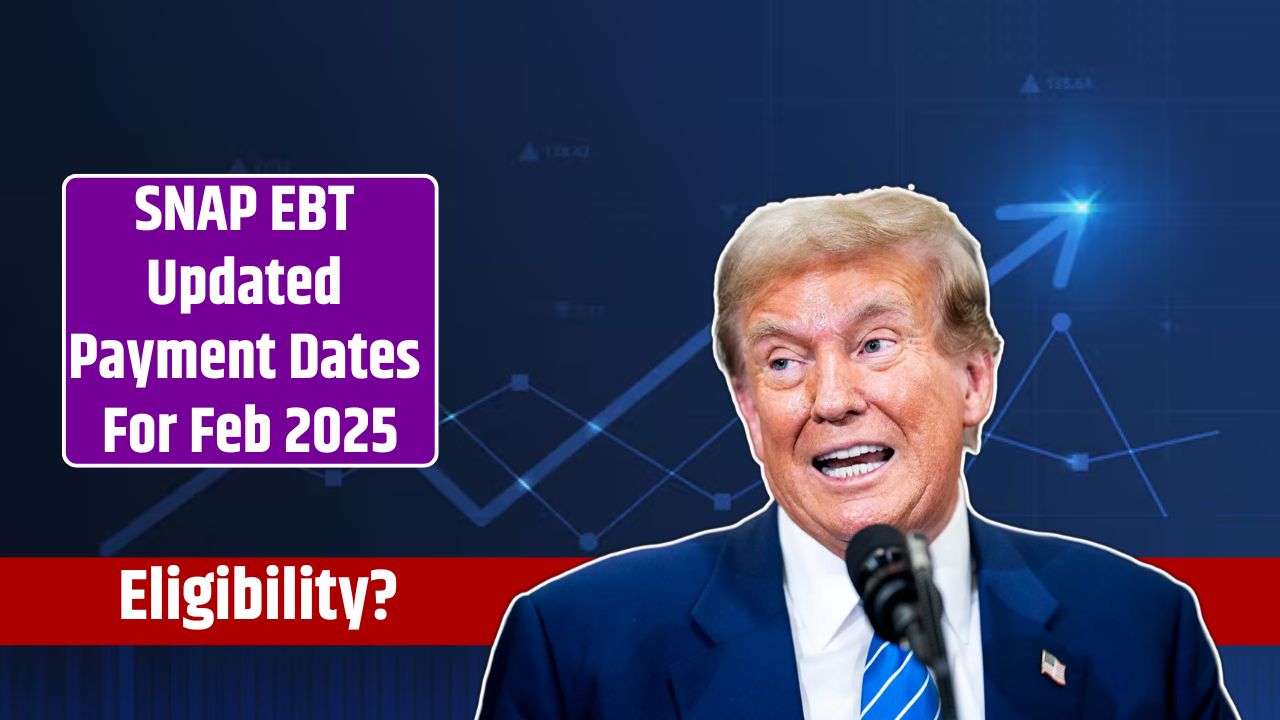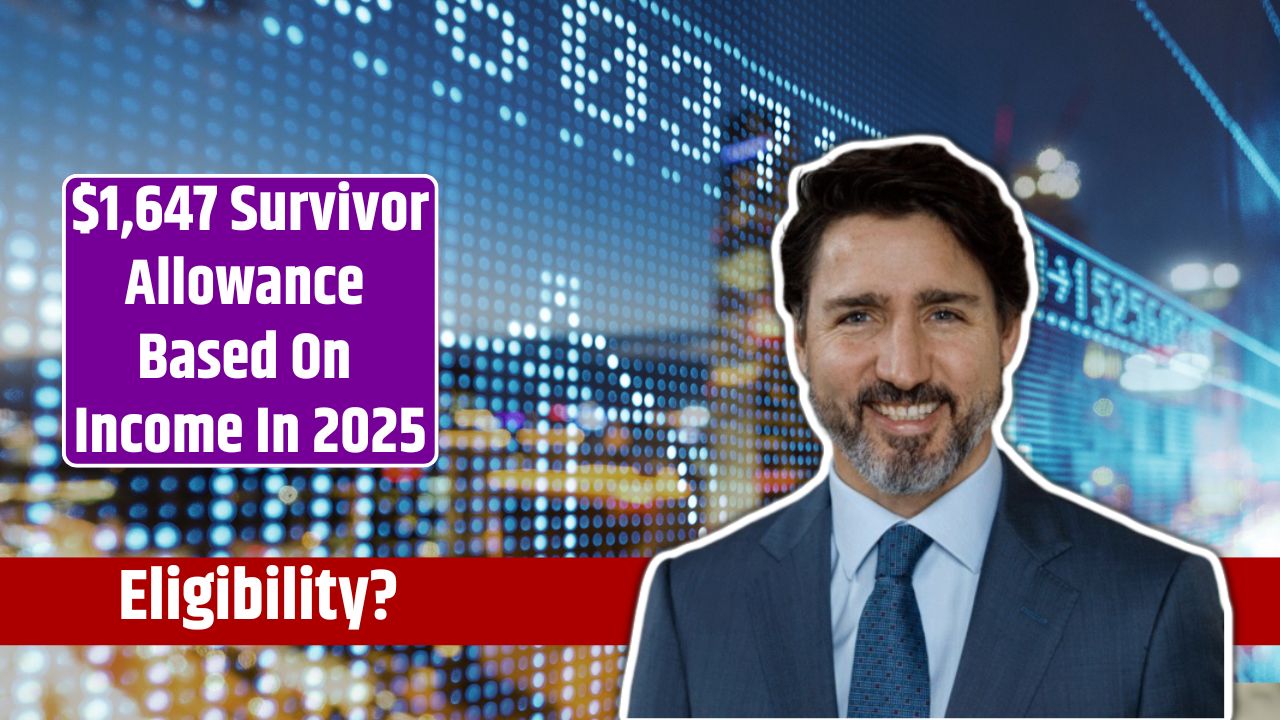The Family First Economic Support Pilot (FFESP) provides $725 monthly payments to eligible low-income families in Sacramento County, California.
Designed to alleviate financial strain and promote equity, this program serves as a lifeline for households facing economic challenges.
If you’re curious about how the program works, who qualifies, or what this means for future guaranteed income initiatives, here’s a complete breakdown.
What Is the FFESP?
The Family First Economic Support Pilot is a guaranteed income initiative offering $725 monthly payments for 12 months to qualifying families in Sacramento County.
Unlike traditional assistance programs, the FFESP has no spending restrictions, empowering recipients to use the funds for their specific needs—be it housing, childcare, or groceries.
This pilot reflects a broader trend toward guaranteed income programs, which aim to provide direct financial support and promote economic equity for underserved communities.
Key FFESP Details
| Details | Information |
|---|---|
| Program Name | Family First Economic Support Pilot (FFESP) |
| Monthly Payment | $725 |
| Eligibility | Low-income families with children under 5 |
| Targeted Areas | Specific Sacramento County zip codes |
| Application Deadline | Closed (October 2024) |
| First Payment | December 2024 |
| Duration | 12 months |
| Administered By | Sacramento County Department of Human Services |
Eligibility Criteria
To qualify for the FFESP, families needed to meet the following criteria:
1. Residency
Applicants must live in Sacramento County within one of these zip codes:
- 95815
- 95821
- 95823
- 95825
- 95828
- 95838
These areas were chosen based on economic data highlighting systemic inequities.
2. Income Limits
Household income must fall below 200% of the federal poverty line (FPL):
- For a family of four, the annual income limit is approximately $60,000.
- For a single individual, the threshold is $29,160.
3. Family Composition
Families must have at least one child under the age of 5 who resides with them at least 50% of the time. This focus ensures early childhood development support.
4. Prioritized Groups
The program prioritized applications from African American and Native American families to address historical economic disparities in these communities.
How Did the Application Process Work?
While the FFESP application window is now closed, understanding the process can prepare you for similar programs in the future:
- Check Eligibility: Applicants confirmed they met residency, income, and family criteria.
- Gather Documentation: Essential documents included proof of income, residency, and identification.
- Submit Application: Applications were accepted online or at community centers, ensuring accessibility.
- Await Approval: Families received confirmation of acceptance within weeks via email or mail.
For those accepted, payments began in December 2024 and will continue monthly until November 2025.
How Payments Are Distributed
FFESP payments are made via direct deposit to ensure reliability and security. Recipients provided bank account information during the application process.
What to Do If You Missed a Payment
- Contact the Sacramento County Department of Human Services.
- Be ready to provide your application reference number and identification for verification.
The Impact of FFESP
The $725 monthly payments have offered families much-needed relief, enabling them to:
- Pay rent or mortgage payments.
- Purchase groceries and other essentials.
- Cover childcare expenses.
- Build a small savings buffer for emergencies.
By adopting a no-strings-attached approach, the FFESP fosters dignity, flexibility, and empowerment for recipients.
What’s Next for Guaranteed Income Programs?
The success of the FFESP reflects a growing national interest in guaranteed income initiatives.
Similar programs are already being piloted in cities like Los Angeles, Chicago, and Atlanta, with policymakers studying their long-term impacts on poverty reduction and financial stability.
How to Stay Informed About Future Programs
- Follow Local News: Government agencies often announce pilot programs via press releases.
- Join Mailing Lists: Subscribe to updates from economic equity advocacy groups.
- Attend Community Forums: Public meetings and town halls often discuss upcoming initiatives.
- Engage with Nonprofits: Organizations like United Way and local nonprofits can share details and provide application support.
Guaranteed income programs like the FFESP offer a glimpse into how direct financial assistance can transform lives and promote economic equality.
Whether or not you qualify for this specific program, the trend signals hope for broader adoption across the U.S.


